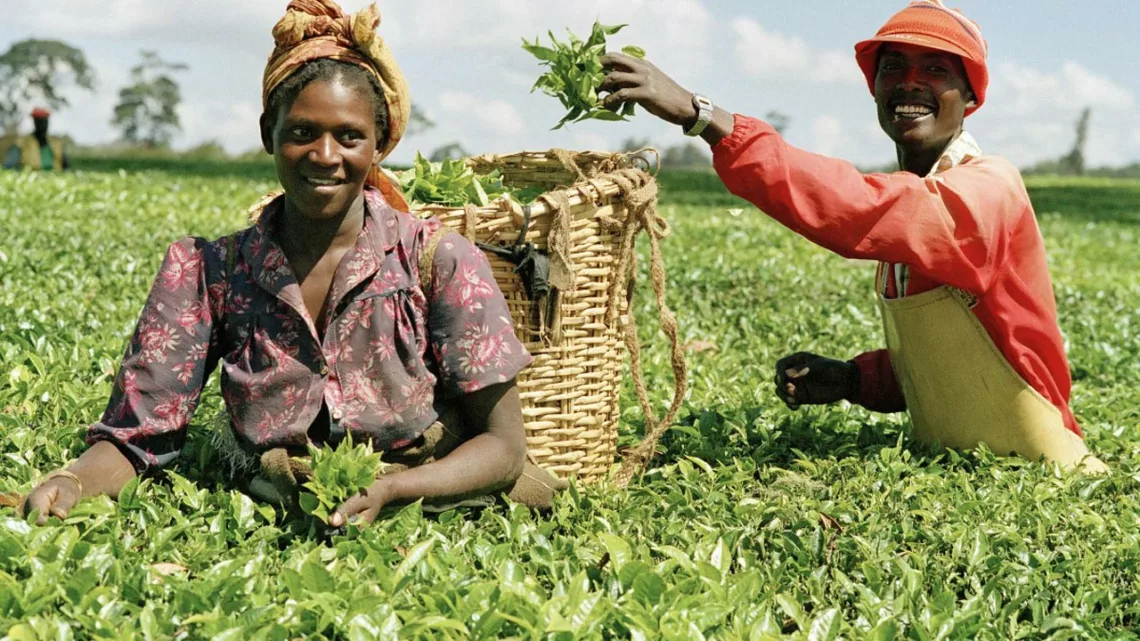The Food and Agriculture Organisation of the United Nations (FAO) and the Federal Ministry of Agriculture and Rural Development have renewed their collaboration for the next five years by signing the first work plan to help repurpose budgets, incentivise producers and speed up inclusive agricultural transformation.
The renewed collaboration, through the Monitoring and Analysing Food and Agricultural Policies (MAFAP) programme, a leading technical and policy support initiative at FAO, covers eight partner countries in sub-saharan Africa including Nigeria.
A statement by the FAO country office, Nigeria said that the first work plan, for 2022-2023, will involve monitoring public spending devoted to the sector to better understand spending patterns, priorities and bottlenecks, and how public policies affect price incentives for agricultural commodities relative to international prices, influencing farmers’ decisions to produce or trade a commodity.
On the collaboration, MAFAP manager and senior economist at FAO, Christian Derlagen said, “Globally, there is huge momentum for countries to rethink, repurpose and reform their policies on food and agriculture.
“We are pleased to renew and strengthen the MAFAP programme in Nigeria, standing ready to support the Nigerian government with economic analyses and advice to drive agricultural transformation forward for agrifood sector growth, better nutrition and affordable diets, and easier market access for farmers.”
According to the statement, work is already underway with the Federal Ministry of Finance, Budget and National Planning, and the office of the auditor-general for the Federation, to review the amount and breakdown of federal public expenditures on food and agriculture.
“The FAO team is also performing an analysis to better understand the effects of public policies on key agricultural commodity prices, and the effect of market access costs within a given value chain on prices that producers fetch, this analysis can reveal whether farmers are incentivised to produce or trade these staple foods, thus helping efforts towards food security and nutrition from a public policy perspective,” the statement reads.
FAO representative in Nigeria, Fred Kafeero, said, “MAFAP’s technical and policy support is aligned with new FAO’s Global Strategic Framework 2022-2031 to build more sustainable and efficient, inclusive, resilient and sustainable agrifood systems for better production, better nutrition, a better environment, and a better life, while leaving no one behind.”





